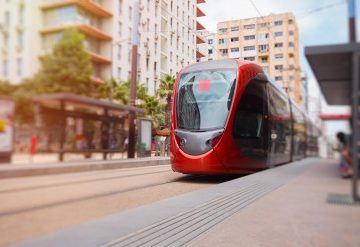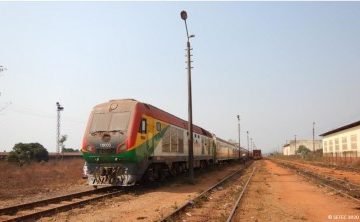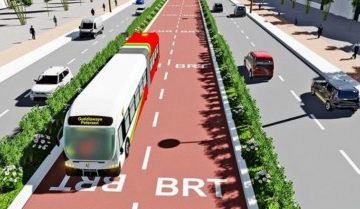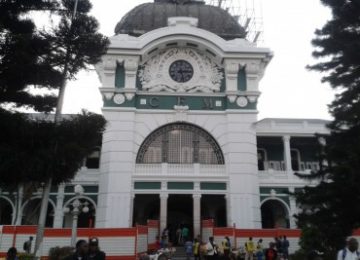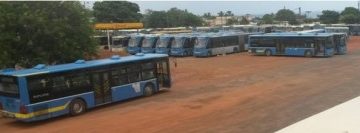Urban Mobility
In many emerging and developing countries, particularly in Africa, the economic and social benefits of urbanization are greatly reduced due to all kinds of obstacles to the daily movement of city dwellers.
Since its creation, Nodalis has developed methodologies to carry out economic, financial, social, legal, and institutional analyses adapted to the very specific conditions of urban mobility in the emerging world. Our consultancy has acquired a strong experience through numerous reference studies for development finance institutions on subjects such as urban transport subsidies and sustainable financing of the sector, private sector participation in mass transport projects, including BRT projects, professionalization of small-scale informal operators, and the sector’s energy transition (with a focus e-mobility).
Thanks to these tools, our experts advise public authorities and their partners on the entire service chain, from the definition of national strategies for sustainable urban mobility, support for the creation and strengthening of organizing authorities, fare and financial sustainability studies, design and implementation of sectoral investment programs, to the steering of transactions for major transformative projects such as metros, urban trains and BRT, and the design of innovative financing mechanisms for these projects.
Nodalis also regularly advises urban transport operators and private funds wishing to expand in Africa and the Middle East, giving our experts extensive contacts among the sector's players.
Interurban mobility
In addition to our interventions on urban mobility projects, we support public and private actors in the development, transaction, and evaluation of transport projects (road, rail, port, airport). We regularly advise public and private operators on responding to calls for tenders or drawing up proposals by mutual agreement, the financial set-up of their operations and the mobilization of the financing required to complete the transactions (financial strategy, financial modeling, identification of sources of financing, etc.).
Sector's news
